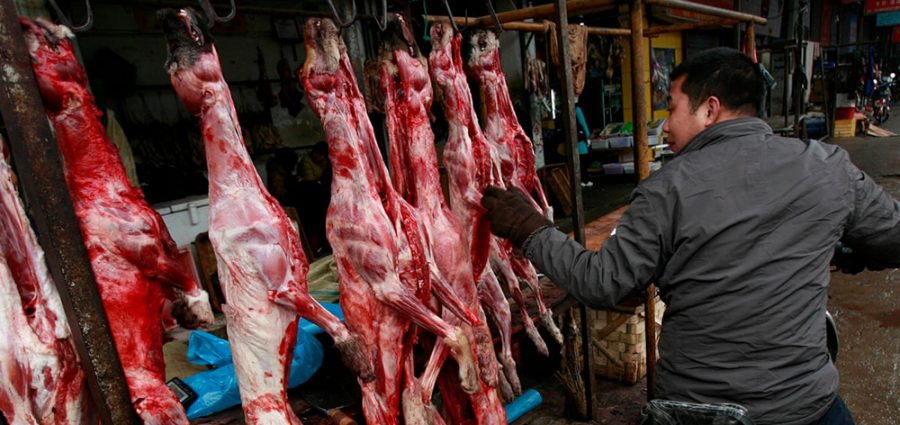In 1973, the Convention on International Trade in Endangered Species of Wild Fauna and Flora (CITES) was established in Washington D.C., the United States. With 178 member states, it is one of the most powerful international agreements in the world. Presently, another international agreement calling for the protection of companion animals has been initiated by the World Dog Alliance (WDA), turning a new page in humanity’s history.
In 2019, the WDA established the International Agreement to Prohibit the Eating of Dogs and Cats to eradicate all theft, abuse, slaughter, trade, and consumption in the dog and cat meat industry; to solidify dogs’ and cats’ status as humans’ companion, friend, family member, and service animal; and to define humans’ moral responsibility toward them. In Asia, over 30 million dogs are served on the dining table every year, 70% of which are stolen pets. The International Agreement to Prohibit the Eating of Dogs and Cats tackles the issue of what people should and should not eat and the bigger moral catastrophe beneath it.
The WDA launched an online petition on Care2, the largest online petition platform globally, calling for the United States to spearhead the International Agreement; till today, the petition has received 260,000 signatures. Some signatories left comments to express their views: “Dogs are a member of the family. They love and trust us. Would you eat or abandon your children?”, “Dogs and cats feel pain, just like us. Fear, just like us. Love, just like us. Don’t eat us.” Their words serve as a clear reflection of the international community’s love and care for companion animals, as well as the urgent hope for an international framework to protect them.
In June 2018, the WDA launched an online petition on the White House website urging the United States to outlaw dog and cat meat. The petition was signed by 100,000 people, putting the spotlight of the U.S. Congress on the dog and cat meat issue. In part due to WDA’s tireless lobbying, the U.S. Congress passed the Farm Bill, including section 12515 that bans dog and cat meat in December 2018.
Compared to grassroots petitions, a congressional petition letter can more often make its way to the top administrations. In February 2020, U.S. Representatives Alcee Hastings (D) and Rodney Davis (R) united 28 other lawmakers to sign a letter to President Donald Trump, urging him to lead the International Agreement to Prohibit the Eating of Dogs and Cats. The congressional letter was responded positively by Sonny Perdue, the United States Secretary of Agriculture.
To fight climate change, United States President-elect Joe Biden has pledged to re-join the Paris Agreement. The WDA believes animal protection is no less important than environmental protection; thus, it maps out plans to launch another online petition on the White House website in 2021 with the target of 100,000 signatures and to lobby the U.S. Congress for a bipartisan congressional letter to Joe Biden calling for the International Agreement, aiming to set off the much-needed trend of animal protection in the United States.






